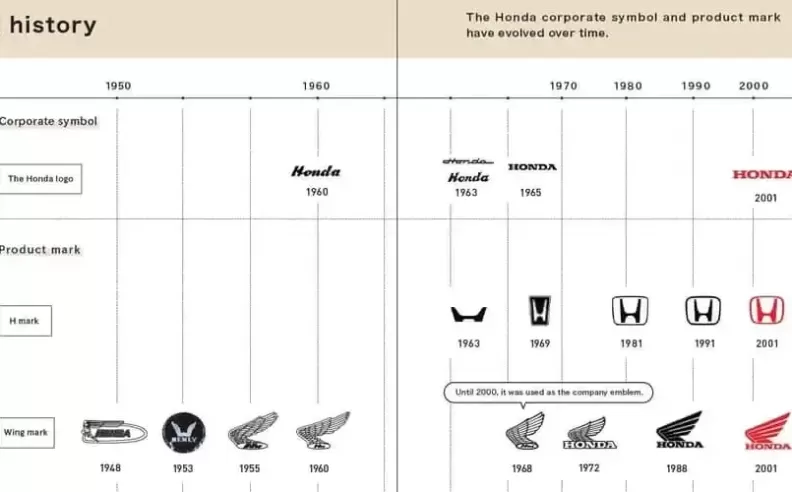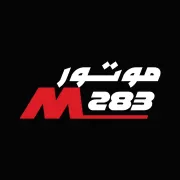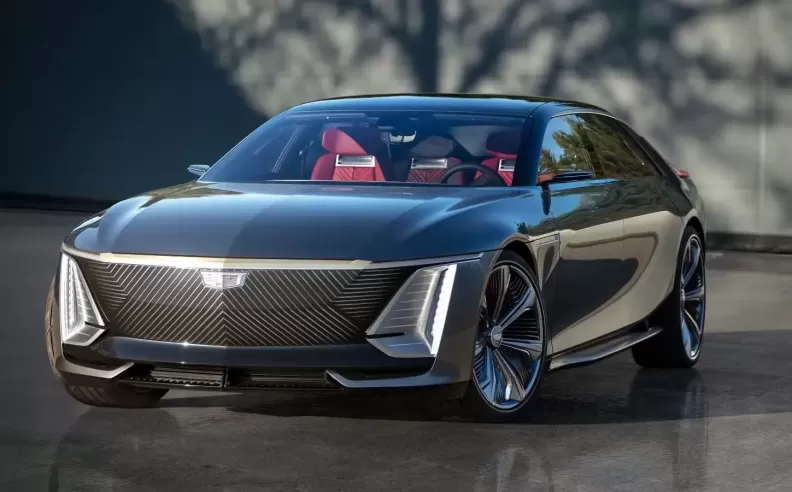
Honda, a stalwart in the automotive industry, is embarking on a new era with the introduction of a fresh logo for its upcoming electric vehicles (EVs). The iconic "H mark," a symbol synonymous with Honda cars since 1981, is undergoing a transformation to align with the company's vision for the future of clean and sustainable mobility. The new logo, described as a slimmer and minimalist version of the familiar H, carries a unique significance and pays homage to Honda's design legacy.

The new H logo will find its home on the 0 Series, a lineup of next-gen, clean-sheet-design electric vehicles scheduled for release in the American market from 2026 onward. Among the first offerings in this series are the Saloon and the Space-Hub, representing a sedan and a van with futuristic wedge-shaped exteriors. The Saloon, confirmed as an inspiration for a future production model, will likely mark the first appearance of the redesigned emblem on U.S. roads.
In addition to the new logo, the 0 Series vehicles will feature their own distinct branding. This marks a departure from the conventional badging seen on Honda's previous models, underlining the company's commitment to setting its EV lineup apart from its traditional internal combustion engine vehicles.
While Honda has not explicitly announced whether the new H logo will adorn the upcoming EV SUV, the Prologue, there is anticipation surrounding its potential integration in later facelifts. With a resurgence of nostalgic nameplates across the automotive industry, there's speculation about Honda leveraging its rich history for future marketing campaigns or even reintroducing classic models.
Honda's decision to refresh its iconic H mark for the electric vehicle era signifies a commitment to innovation, sustainability, and a nod to the company's storied past. As the automotive landscape continues to evolve towards cleaner and greener alternatives, Honda's new logo serves as a symbol of the brand's adaptability and forward-thinking approach. The upcoming 0 Series, with its sleek design and unique branding, is poised to mark a significant milestone in Honda's journey towards an electrified future.

Wael is an automotive content writer specializes in creating written content for Motor 283. Producing a wide range of content, including blog posts, articles, product descriptions, reviews, and technical guides related to cars, trucks, motorcycles, and other vehicles, with an unprecedented passion for cars, and motorcycles.
